 The plight of Charles Thomas, Ohio Wesleyan University’s baseball and football star of the early 1900s is well documented. His story is known not only in the local Delaware, Ohio community, but nationally as well. Thomas, the lone black ballplayer on the school’s baseball team and one of the few in the Midwest at the time, faced racial injustice and persecution whenever and wherever the team traveled.
The plight of Charles Thomas, Ohio Wesleyan University’s baseball and football star of the early 1900s is well documented. His story is known not only in the local Delaware, Ohio community, but nationally as well. Thomas, the lone black ballplayer on the school’s baseball team and one of the few in the Midwest at the time, faced racial injustice and persecution whenever and wherever the team traveled.

Branch Rickey
The most often repeated story involves Ohio Wesleyan’s Head Coach Branch Rickey and his star catcher Charles “Tommy” Thomas, who was denied lodging at the Oliver Hotel in South Bend, Indiana. The 1903 team was in town playing the University of Notre Dame and after being initially turned away, Branch Rickey was able to convince the front desk clerk to allow Thomas to stay in Rickey’s hotel room. When Coach Rickey, himself an alumnus of Ohio Wesleyan University, arrived at his room, he found Charles Thomas sitting on the bed lamenting the color of his skin. As the story goes, this event and similar injustices Thomas encountered while in college remained vivid in Branch Rickey’s mind for over forty years.
When Brooklyn Dodger General Manager Branch Rickey brought Jackie Robinson to Major League Baseball in 1947, thus breaking the profession’s “color barrier”, the nation was made aware of the inspirational role Charles Thomas played.

When Thomas enrolled at Ohio Wesleyan University, his sport of choice was football (fullback). But when his teammate Branch Rickey was declared ineligible to further participate in college athletics and was then named football and baseball coach, Charles Thomas was personally recruited by Rickey to fill his catching spot on the baseball team.
As the lone black ballplayer on the baseball and football teams, Charles Thomas faced a good deal of racism off campus. On numerous occasion, Thomas led teams were refused admission onto their opponents’ field because of the color of his skin.
While the incident in South Bend, Indiana is the most often told in relation to Branch Rickey’s longtime desire to integrate baseball, events at other schools that were directed towards Thomas also brought attention to the racial hatred of the time. The pages of the school newspaper, the Ohio Wesleyan Transcript, are dotted with such stories between the years of 1903 and 1905.

Kentucky Forfeits Game in 1905
Throughout his playing career at Ohio Wesleyan, Charles Thomas was remembered as one who handled the pressures of racism while excelling on the playing field. In a May 27, 1905 letter to the editor of the school newspaper, an alumnus wrote about a game in Athens, Ohio against Ohio University, stating… “the only unpleasant feature of the game was the coarse slurs cast at Mr. Thomas, the catcher. But through it all he showed himself far more the gentleman than his insolent tormentors, though their skin is white.”

Thomas in Action
Charles Thomas played three years of baseball at Ohio Wesleyan University, two under Branch Rickey and his final season in 1905 under Ben Davis. Throughout his career, Thomas excelled offensively as well as defensively. While catching was his primary position, Tommy also filled in at first base and in the outfield where he was primarily used in centerfield.
Citing the Ohio Wesleyan Transcript, “more than one game has been won by Thomas’ timely mitting. He knows the game, and plays it in a cool-headed manner. His good judgement of the batter has held Webb [Ohio Wesleyan’s top pitcher] level many times. Together, Webb and Thomas form the best all-around college battery in the state.”
Though records of the day were not as meticulously kept as today, unofficially Charles Thomas hit above .300 each season and compiled a combined batting average of .321 (60/187) over his three years of baseball. Of his many highlights, Thomas rebounded from an 0-5 hitting performance at Notre Dame during the infamous road trip to South Bend, Indiana, by responding with three hits in five at bats including a home run and a victory when Notre Dame came to Delaware, Ohio later that same year.
 After leaving Ohio Wesleyan and while studying dentistry at what would become the Ohio State University Medical School, Charles Thomas played baseball on a number of negro teams. Locally, Thomas played with the highly regarded Columbus Black Tourists in the Ohio State Colored League. The Philadelphia Giants team of 1905, on which Charles Thomas competed part-time, is considered one of the all-time great teams in the segregated world of negro baseball. Three of his teammates on that team have since been inducted into professional baseball’s Hall of Fame. During his abbreviated stay with the Giants, Thomas registered a .619 batting average.
After leaving Ohio Wesleyan and while studying dentistry at what would become the Ohio State University Medical School, Charles Thomas played baseball on a number of negro teams. Locally, Thomas played with the highly regarded Columbus Black Tourists in the Ohio State Colored League. The Philadelphia Giants team of 1905, on which Charles Thomas competed part-time, is considered one of the all-time great teams in the segregated world of negro baseball. Three of his teammates on that team have since been inducted into professional baseball’s Hall of Fame. During his abbreviated stay with the Giants, Thomas registered a .619 batting average.
After graduating dental school in 1908, Charles Thomas opened his first practice in St. Louis, Missouri. From there, Dr. Thomas moved to Albuquerque, New Mexico and became one of the first black dentists in the entire state. There, Thomas practiced for the next 40 years and remained friends with Branch Rickey until Rickey’s death in 1965. Whenever their paths crossed, Charles Thomas and Branch Rickey made it a point to get together and share stories about the sport they each loved most.

Dr. Charles Thomas (center)
Throughout his life, from the time the “color barrier” was broken in professional baseball, Charles Thomas has been linked to that historic event. There is no doubt that the racism Thomas faced while in school at Ohio Wesleyan University remained an inspiration to Branch Rickey over the years as he took the lead roll in integregating baseball. Rickey himself often acknowledged this.
In Jackie Robinson, Branch Rickey hand picked a pioneer to desegregate professional baseball who in many respects was much like Charles Thomas. Both were extremely athletic (in college Robinson competed in baseball, football, basketball and track, while Thomas competed in baseball and football at Ohio Wesleyan University and ran track and played football while in dental school at Ohio State). And equally important, each exhibited the intellect, maturity and temperament necessary to handle the physical and mental pressures of racism.

An Elderly Charles Thomas
The Ohio Wesleyan Transcript ended its 1905 baseball season review with the prophetic line… “we can hardly hope to find a man who is as strong an all around player as Tommy. Success to him in whatever he may do.”
Dr. Thomas indeed lived a successful, full life and passed away in 1971 at the age of 90.
Footnote… At the end of Jackie Robinson’s first year in the Major Leagues, Negro Digest (forerunner of Ebony and Jet magazines) interviewed Dr. Charles Thomas for its September 1947 issue. Click here to read the interview.

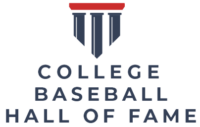
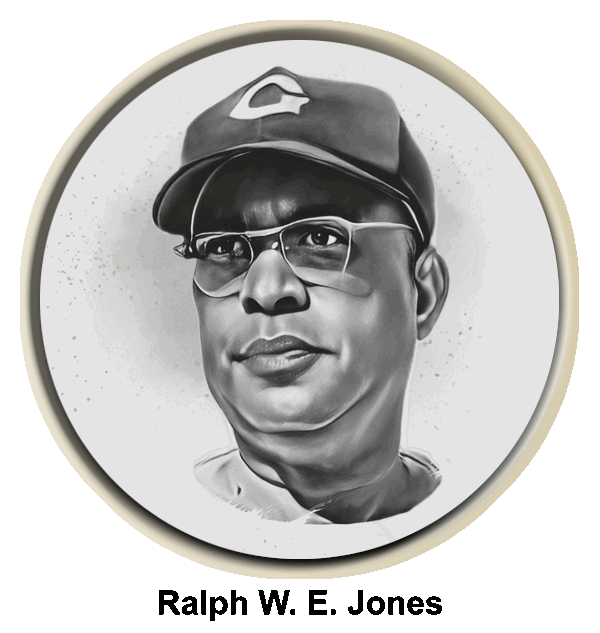






















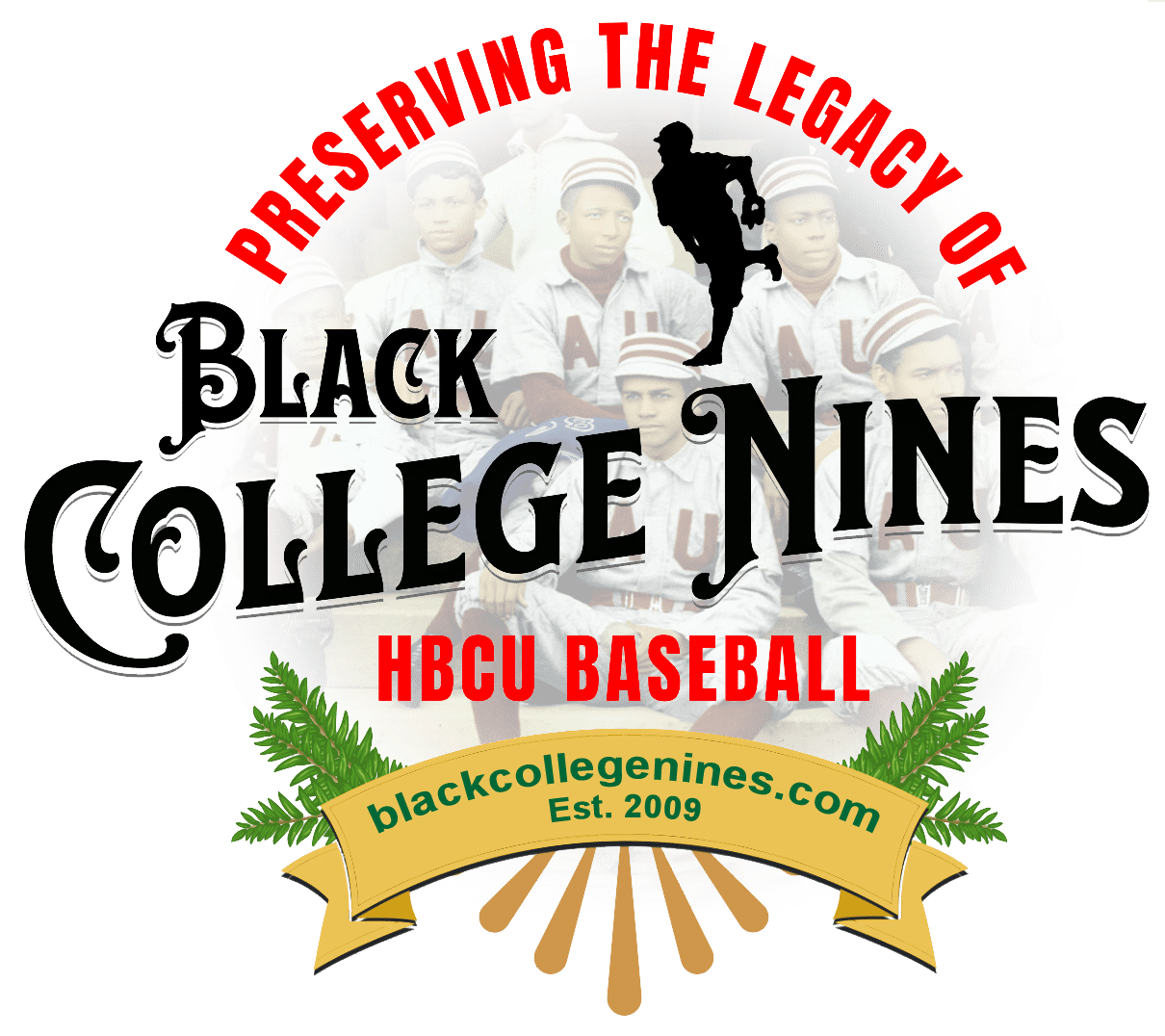







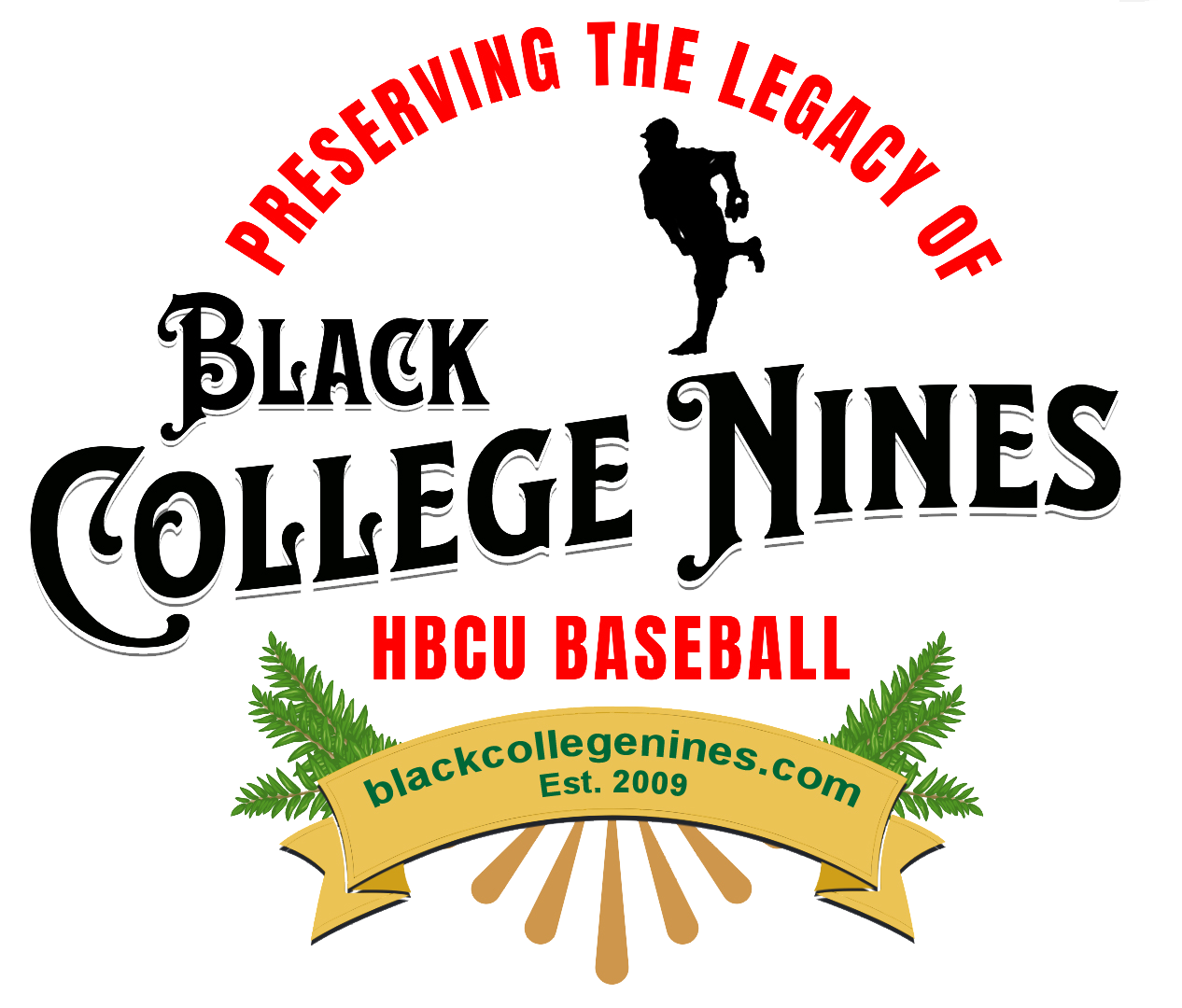
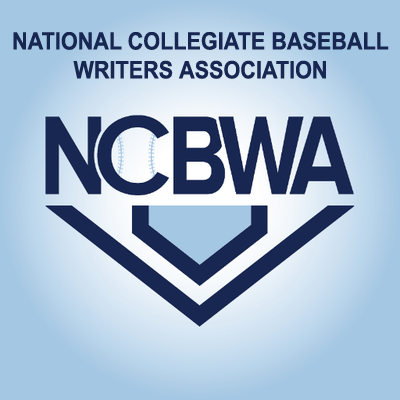
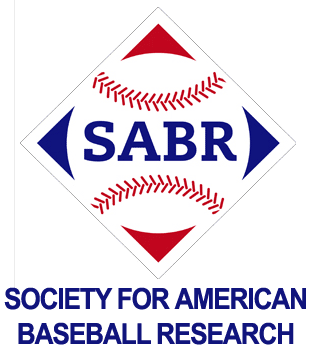


thank you for this piece of history